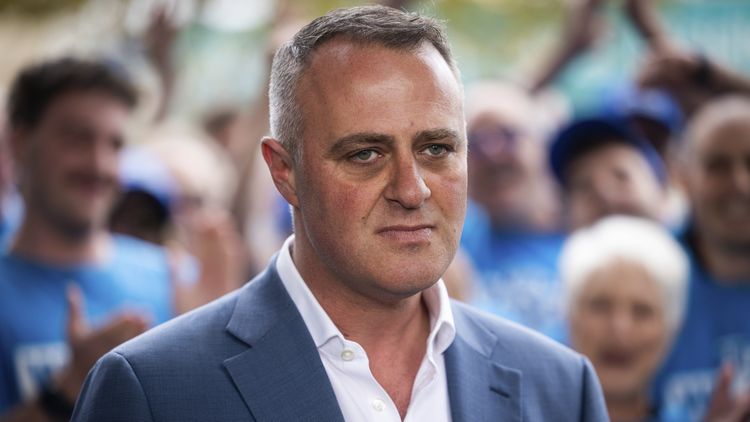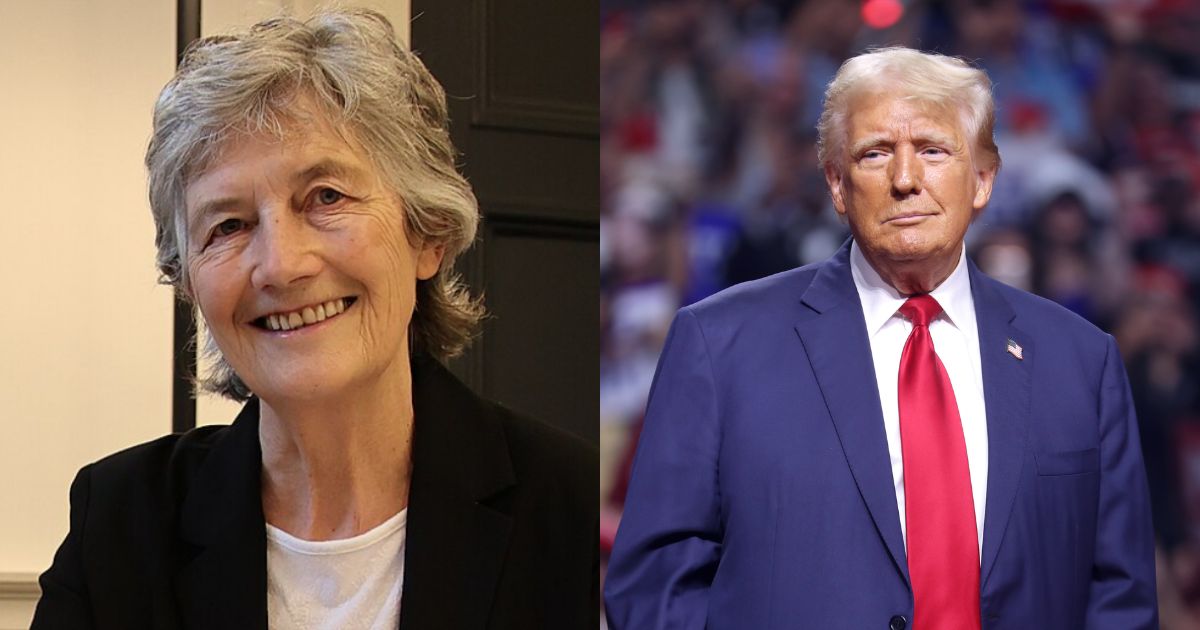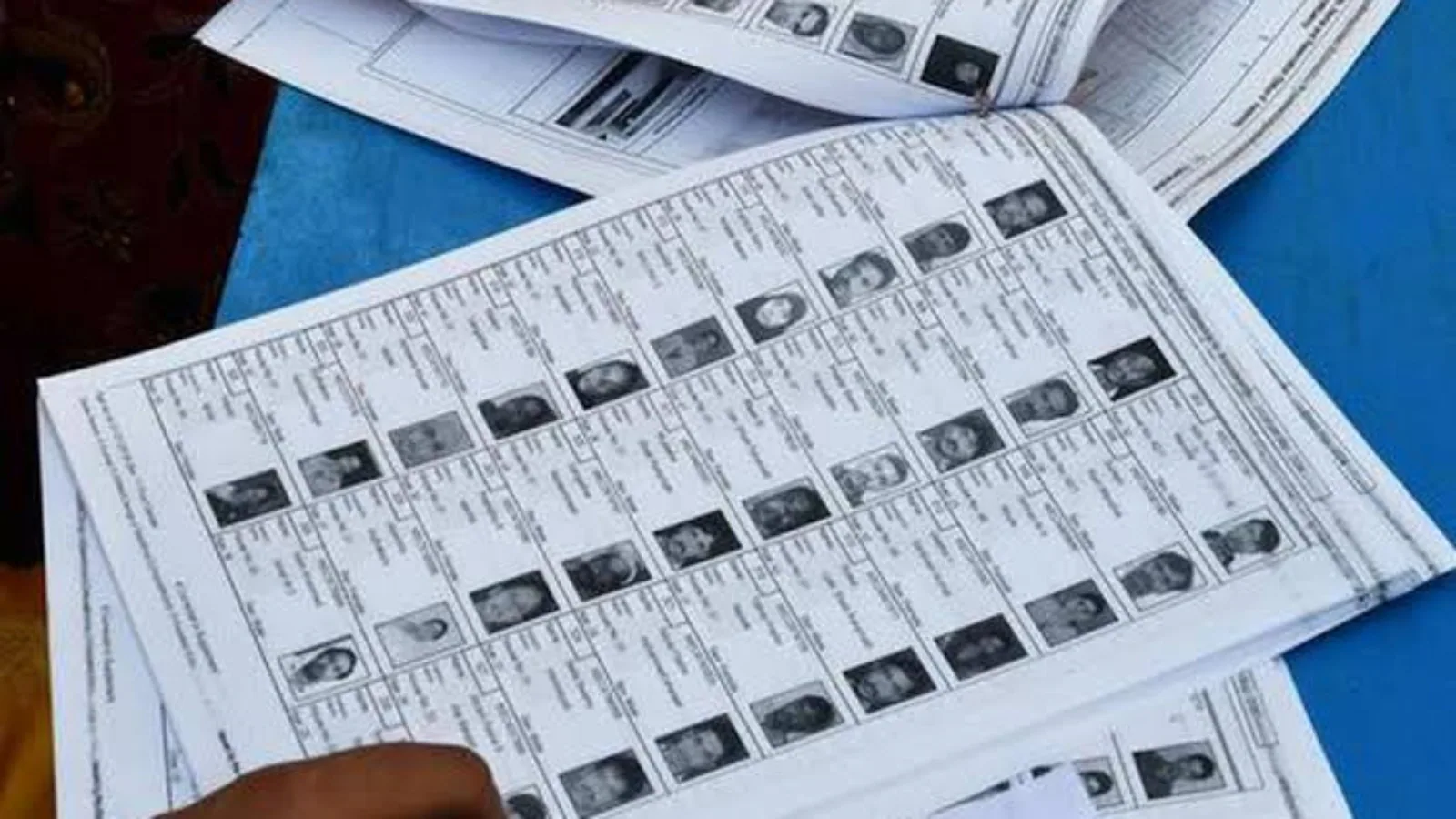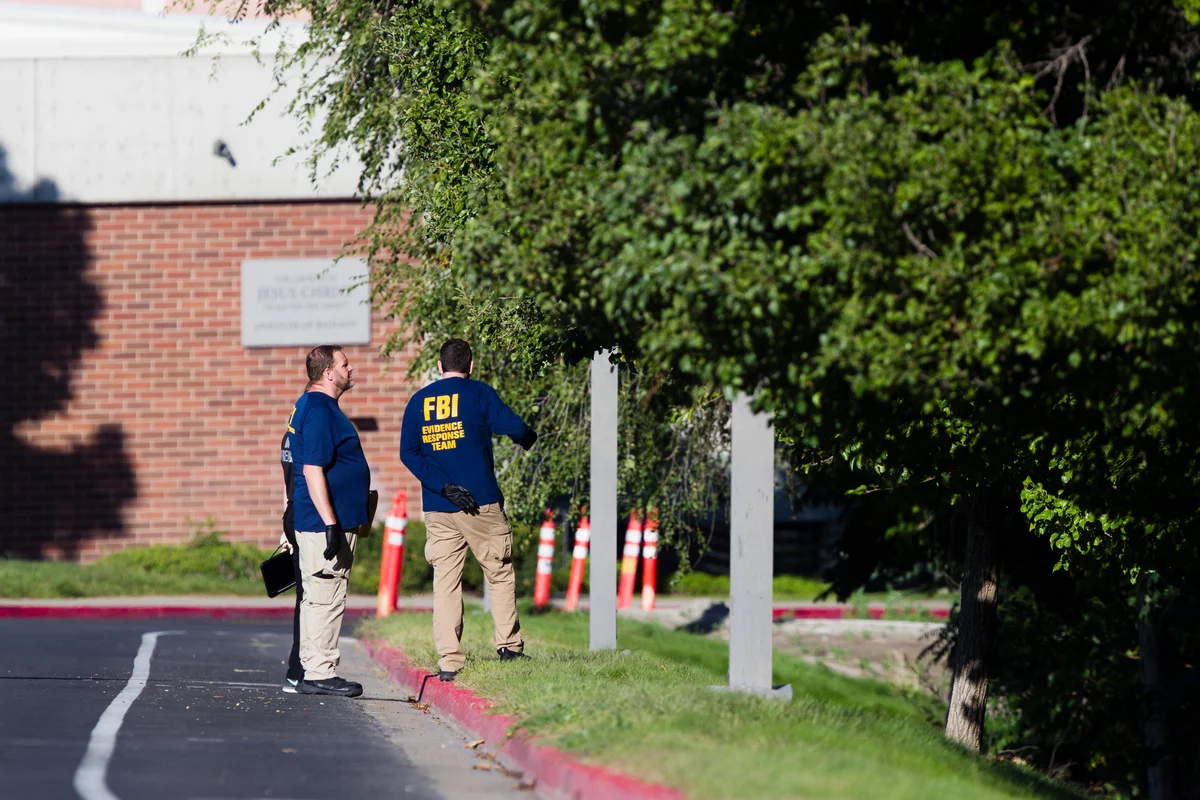Copyright news18
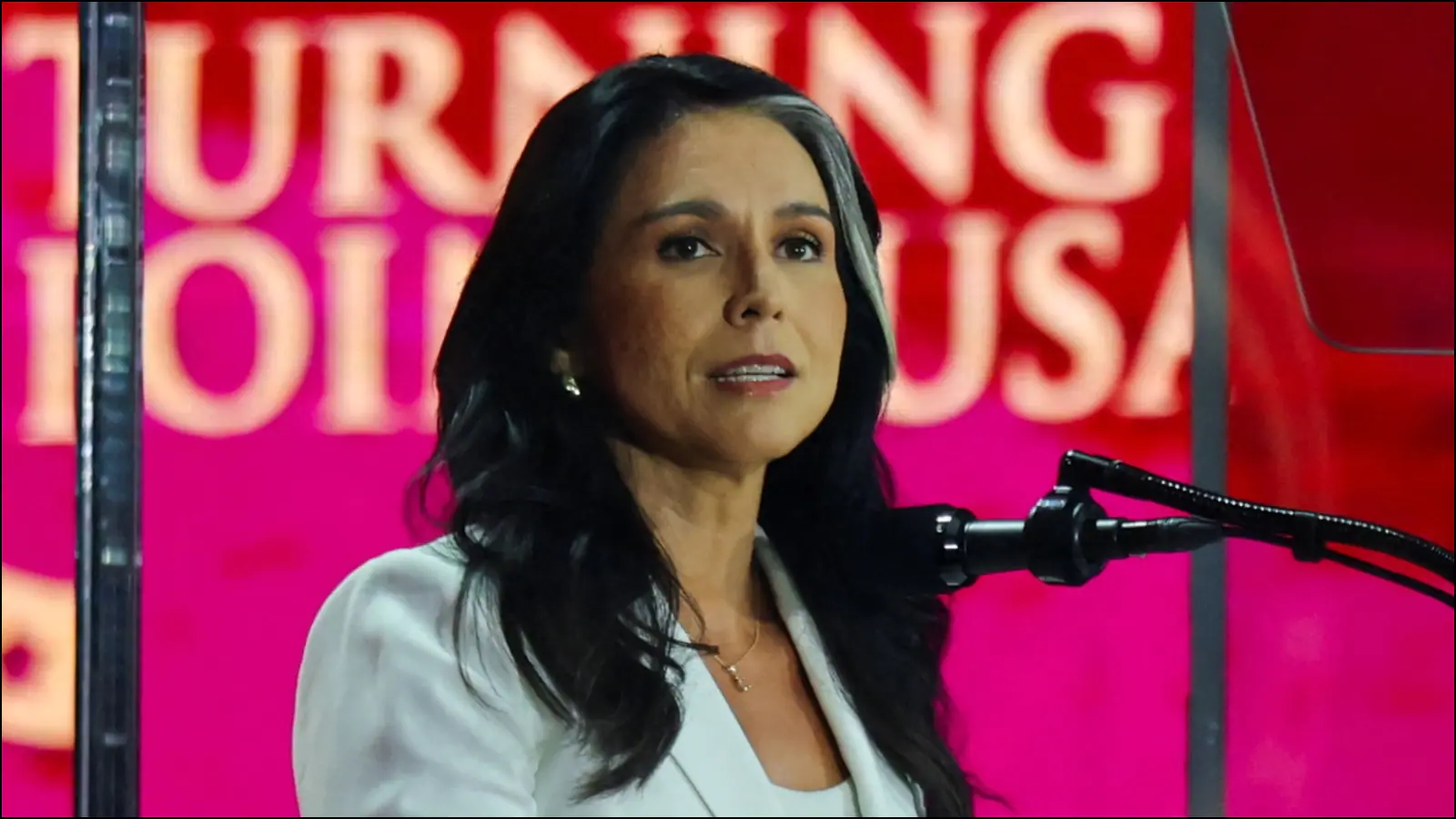
US National Intelligence Director Tulsi Gabbard’s remarks on America’s strategy of “regime change or national building” ending under President Donald Trump have sparked a fresh debate over the involvement of the United States in the political violence in Bangladesh last year that resulted in the ouster of Sheikh Hasina. Gabbard, a former Congresswoman and US Army National Guard veteran, said, “For decades, our foreign policy has been trapped in a counterproductive and endless cycle of regime change or nation building. It was a one-size-fits-all approach, of toppling regimes, trying to impose our system of governance on others, intervene in conflicts that were barely understood and walk away with more enemies than allies.” “The results: Trillions spent, countless lives lost and in many cases, the creation of greater security threats,” she further said at the opening debate of the Manama Dialogue in Bahrain. She further credited President Donald Trump’s “pragmatic, deal-driven” approach with steering US foreign policy away from this failed model. Gabbard’s remarks appeared inconsistent with the Trump administration’s current foreign policy approach, more particularly the US airstrikes on Iranian nuclear sites that contradicted the Republican president’s proclaimed stance of non-interference in other countries. Reports have emerged that the US was considering plans to target cocaine facilities and drug trafficking routes in Venezuela as part of a US operation to dismantle a drug cartel believed to be operated by Venezuelan President Nicolas Maduro. Furthermore, he also embraced Syria’s interim President Ahmad al-Sharaa, a former al-Qaida fighter once held in an American prison in Iraq. US Role In Bangladesh Crisis Mohammad Ali Arafat, a former Bangladeshi Minister and academic, pointed towards the US role in overthrowing Sheikh Hasina’s rule in violent anti-government protests last year. “For several decades, the United States has followed a policy of “regime change” or “state-building” in other countries. According to the country’s Director of National Intelligence, Tulsi Gabbard, this policy came to an end during President Donald Trump’s administration,” he said in a post on X. “DNI Tulsi Gabbard clearly stated that the US pursued this policy until Trump took office, so why is it so hard to believe that what happened in Bangladesh in July–August 2024 was essentially a regime change operation, just as Sheikh Hasina repeatedly claimed and as many clear signs suggest?” Earlier this year, a former US State Department official had alleged that the United States Agency for International Development (USAID) played a crucial role in funding the regime change last year, according to Anadolu Agency. Mike Benz told controversial right-wing commentator Tucker Carlson that the USAID was supported by the State Department and USAID in their plan to “destabilise Bangladeshi politics.”. “In the process of doing that, they sought the LGBT population, two Bangladeshi ethnic minority groups, and young students and student groups who had already been protesting earlier that year because of some local politics issue there,” he said, underlining that they collaborated with 170 “pro-democracy activists” and 304 informants. However, Trump denied allegations of US involvement in the regime change in Bangladesh, although Hasina herself has accused Washington of undermining her government. (with inputs from agencies)
